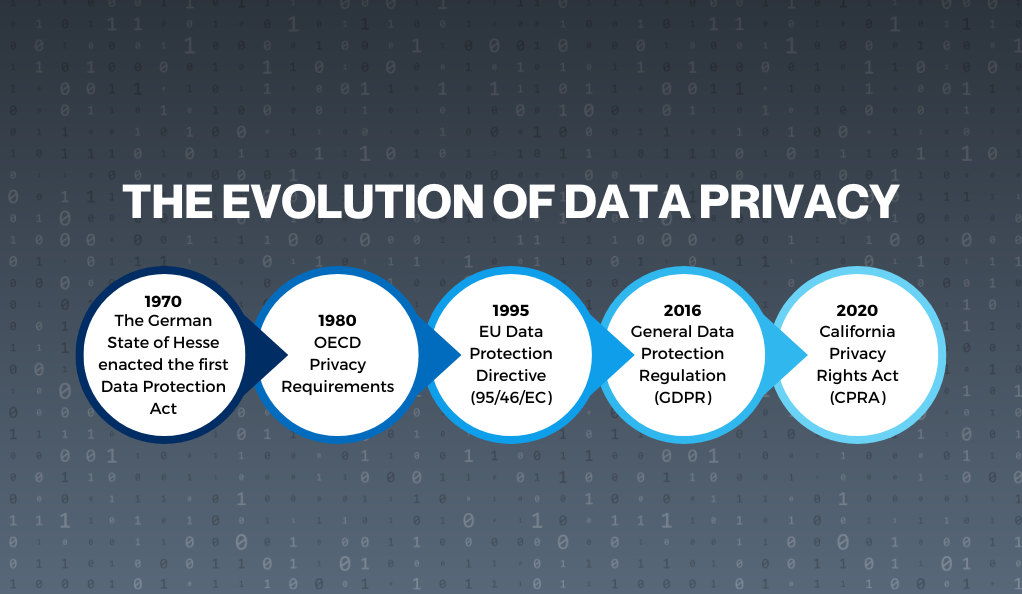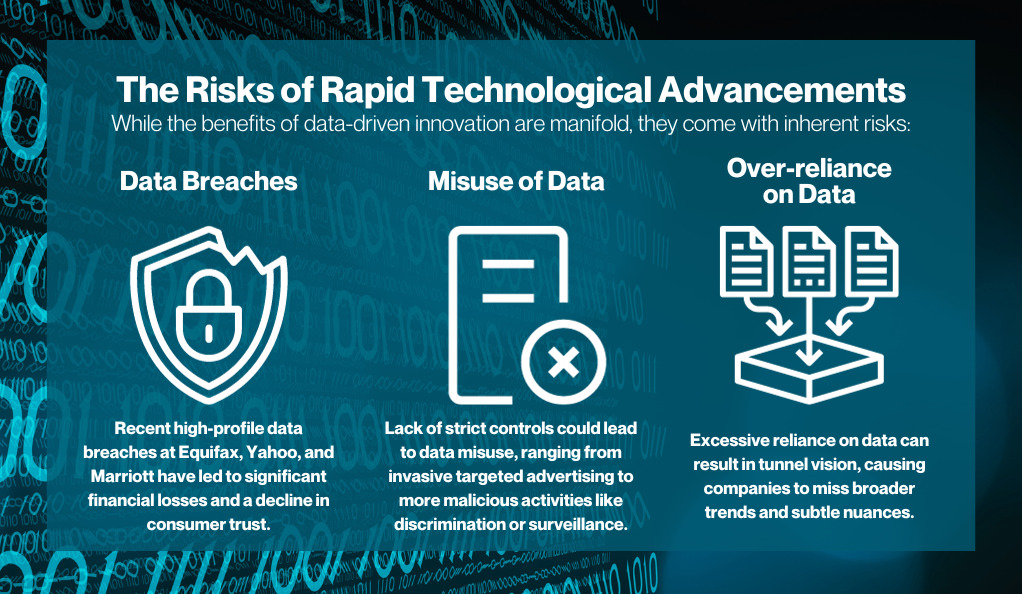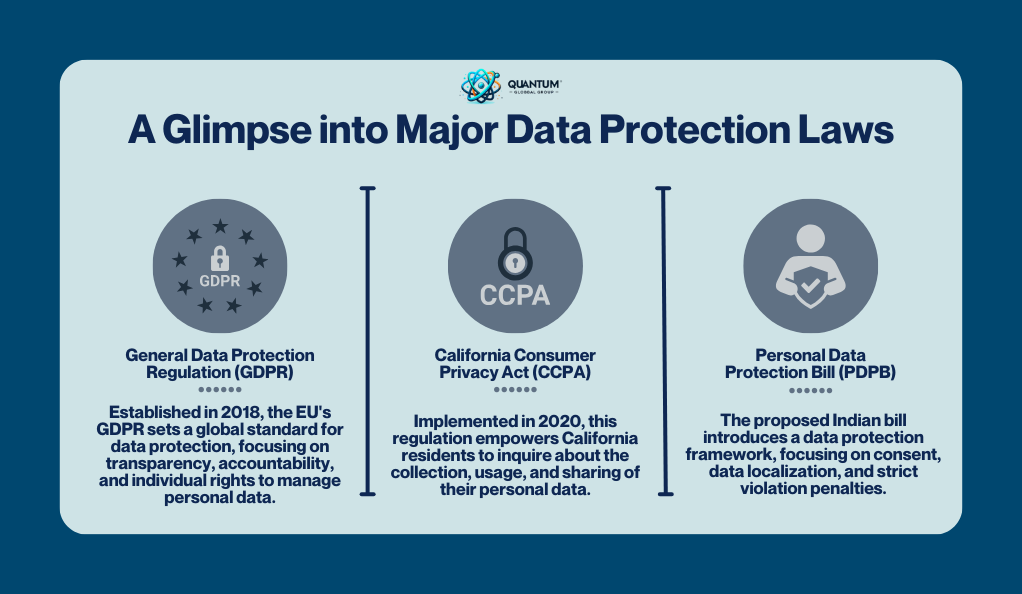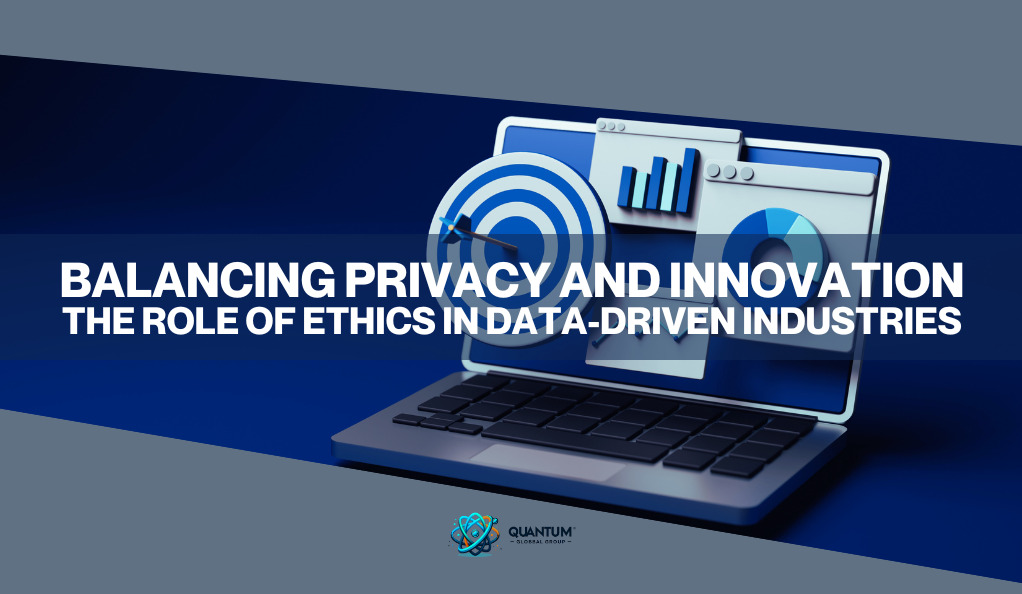In today’s interconnected world, the digital revolution has reshaped every facet of our lives. From the way we communicate, shop, and even conduct business, the digital footprint we leave behind is vast and varied. This transformation has been driven by rapid technological advancements, leading to an explosion in the amount of data generated, collected, and analyzed. While this data-driven approach has unlocked unprecedented opportunities for innovation and growth, it has also raised significant concerns about individual privacy.
The Digital Boom
The last two decades have witnessed a monumental shift in the way industries operate. The rise of the internet, followed by the proliferation of smartphones and IoT (Internet of Things) devices, has resulted in a deluge of data. According to Statista, the global big data market is expected to reach $103 billion by 2027, up from just $49 billion in 2019. This exponential growth underscores the value industries place on data.
| Year | Global Big Data Market (in billions) |
|---|---|
| 2019 | $49 |
| 2020 | $56 |
| 2021 | $64 |
| 2022 | $73 |
| 2027 | $103 (projected) |
The Ethical Quandary
While data-driven decision-making has led to more efficient operations, personalized user experiences, and groundbreaking innovations, it has also posed ethical challenges. Every click, search, purchase, or interaction online contributes to vast databases. These databases, in the hands of businesses, can be a goldmine for targeted marketing, product development, and more. However, without proper safeguards, they can also be misused, leading to breaches of privacy.
The Evolution of Data Privacy

Historically, the concept of privacy has been deeply ingrained in human societies. In ancient times, sealed letters and private diaries were cherished means of keeping one’s thoughts and communications away from prying eyes. However, as we transitioned into the digital age, the nature of privacy underwent a significant transformation.
A Historical Perspective on Information Privacy
In the pre-digital era, privacy was often associated with physical spaces and tangible objects. Homes, personal diaries, and sealed correspondences were considered private domains, and any intrusion into these was viewed as a breach of one’s personal boundaries. Laws and societal norms were established to protect these boundaries.
However, with the advent of the digital revolution, the lines defining privacy began to blur. Information that was once stored in locked cabinets or personal diaries found its way onto digital platforms. The shift from analog to digital brought with it new challenges and considerations.
The Digital Transformation and its Implications
The late 20th and early 21st centuries marked a period of rapid technological advancements. Computers became household items, and the internet transformed global communication. With these changes came the ability to store, share, and access information like never before. Personal details, once confined to paper, were now being digitized, leading to the birth of ‘digital privacy’.
Digital privacy encompasses the protection of personal information in the online realm. This includes data like:
- Personal identifiers (name, address, social security number)
- Online behaviors (search histories, website visits)
- Financial information (credit card details, purchase histories)
- Health records
- And much more…
The sheer volume and variety of data available online opened up new avenues for businesses and governments but also introduced a host of privacy concerns. Data breaches, identity theft, and unauthorized surveillance became pressing issues.
The Rise of Data Brokers and the Commodification of Personal Data
As businesses recognized the value of data, a new industry emerged: data brokerage. Data brokers collect, process, and sell vast amounts of personal information, often without the explicit consent of individuals. This commodification of personal data raised ethical questions about ownership, consent, and the right to privacy in the digital age.
The Double-Edged Sword of Innovation
Innovation, by its very nature, pushes boundaries. It challenges the status quo and introduces new ways of thinking, working, and living. In the realm of data-driven industries, innovation has been a powerful force, driving unprecedented growth and opportunities. However, this relentless pursuit of innovation has also brought to the fore significant privacy concerns.
The Catalysts of Data-Driven Innovation
Several factors have contributed to the meteoric rise of data-driven innovation:
- Technological Advancements: The development of powerful data analytics tools, machine learning algorithms, and cloud computing has enabled businesses to process and analyze vast amounts of data in real-time.
- Consumer Behavior: The digital age has seen consumers increasingly live their lives online, from shopping and socializing to working and learning. This shift has generated a treasure trove of data for businesses to tap into.
- Competitive Landscape: In today’s globalized world, businesses are in a constant race to outdo their competitors. Data-driven insights offer a competitive edge, allowing companies to tailor their offerings and strategies to meet evolving consumer needs.
The Risks of Rapid Technological Advancements

While the benefits of data-driven innovation are manifold, they come with inherent risks:
- Data Breaches: High-profile data breaches have made headlines in recent years, with companies like Equifax, Yahoo, and Marriott falling victim. These breaches not only result in financial losses but also erode consumer trust.
- Misuse of Data: Without stringent controls, there’s potential for data to be misused. This could range from targeted advertising based on sensitive information to more nefarious uses like discrimination or surveillance.
- Over-reliance on Data: While data can provide valuable insights, an over-reliance can lead to tunnel vision, where companies might miss out on broader trends or nuances that aren’t immediately apparent in the numbers.
Striking a Balance: Ethical Innovation
The key challenge for data-driven industries is to strike a balance between harnessing the power of data and ensuring ethical practices. This involves:
- Transparency: Companies must be transparent about how they collect, store, and use data. This includes clear privacy policies and regular communication with consumers.
- Consent: Data should never be collected or used without the explicit consent of the individual. Opt-in and opt-out options should be easily accessible.
- Security: Robust security measures, including encryption and regular audits, are essential to protect data from breaches and unauthorized access.
Ethical Considerations in Data Collection and Usage
In the age of big data, where every online interaction leaves a digital footprint, the ethical implications of data collection and usage have come to the forefront. As industries increasingly rely on data to drive decisions, it’s imperative to consider the moral ramifications of these practices.
The Moral Implications of Data Collection
At its core, the act of collecting data is a neutral endeavor. However, the methods employed and the intentions behind the collection can raise ethical concerns:
- Informed Consent: Are individuals aware that their data is being collected? Have they willingly provided this data, understanding its potential uses?
- Purpose Limitation: Is the data being used solely for the purpose it was collected, or are there secondary, undisclosed uses?
- Data Minimization: Are companies collecting only the data they need, or are they hoarding information without a clear purpose?
Laws and Regulations Shaping the Landscape
As the digital realm expands and data becomes an increasingly valuable commodity, governments and international bodies have recognized the need for comprehensive laws and regulations. These legal frameworks aim to protect individual privacy while allowing industries to harness the potential of data-driven innovation.
A Glimpse into Major Data Protection Laws

- General Data Protection Regulation (GDPR): Implemented by the European Union in 2018, GDPR has set the gold standard for data protection worldwide. It emphasizes transparency, accountability, and the rights of individuals, including the right to access, rectify, and erase personal data.
- California Consumer Privacy Act (CCPA): Effective from 2020, this state-specific regulation grants California residents the right to know what personal data is collected, the purposes for its collection, and any third parties with whom it’s shared.
- Personal Data Protection Bill (PDPB): Proposed in India, this bill seeks to establish a framework for data protection, emphasizing individual consent, data localization, and stringent penalties for violations.
The Role of Regulations in Ensuring Ethical Practices
- Setting Boundaries: Regulations provide a clear framework for what is permissible and what isn’t, ensuring that companies don’t overstep ethical boundaries in their pursuit of innovation.
- Empowering Individuals: By granting rights like access, rectification, and erasure, laws ensure that individuals remain in control of their personal data.
- Ensuring Accountability: With provisions for penalties and sanctions, regulations hold companies accountable for breaches, ensuring they prioritize data protection.
Conclusion
In the intricate dance between privacy and innovation, the modern world finds itself at a pivotal crossroads. The digital age, with its boundless opportunities and challenges, has underscored the importance of ethical considerations in data-driven industries. As we’ve journeyed through the evolution of data privacy, the double-edged nature of innovation, the moral quandaries of data collection, and the regulatory frameworks shaping the landscape, one thing becomes abundantly clear: the need for a balanced approach.
Data, often hailed as the ‘new oil’, holds immense potential. It can drive groundbreaking innovations, reshape industries, and elevate consumer experiences. However, with great power comes great responsibility. The ethical and moral implications of data usage cannot be sidelined in the pursuit of progress.
Regulations, while essential, are just one piece of the puzzle. True progress lies in fostering a culture of ethical data practices, where industries prioritize transparency, accountability, and respect for individual rights. It’s about recognizing that in the vast digital cosmos, every byte of data represents a human being, with hopes, dreams, and the fundamental right to privacy.




